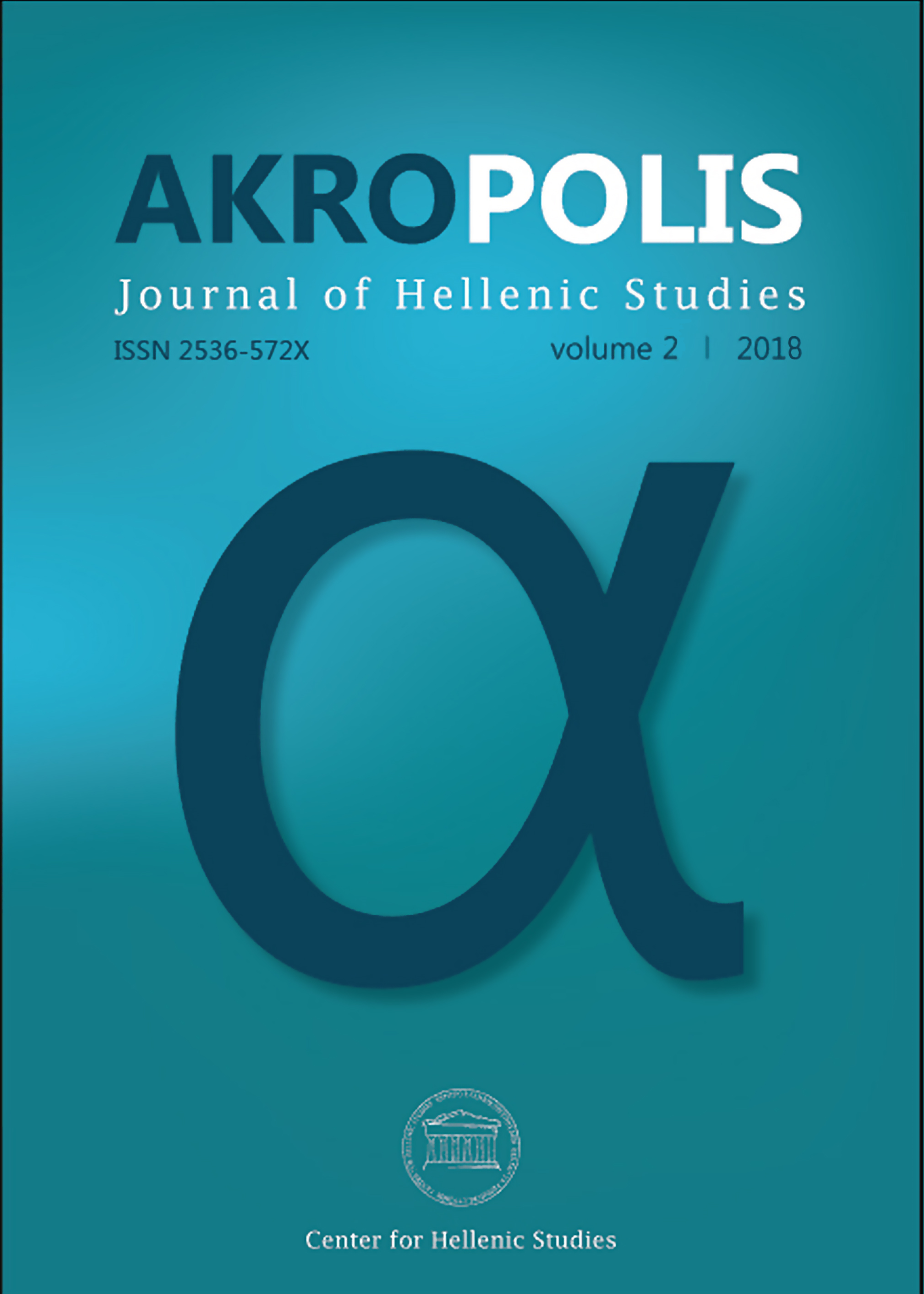Democritus on Being and Ought: Some Remarks on the Existential Side of Early Greek Atomism
Democritus on Being and Ought: Some Remarks on the Existential Side of Early Greek Atomism
Author(s): Björn FreterSubject(s): Ancient Philosphy
Published by: Центар за хеленске студије
Keywords: Greek philosophy; Pre-Socratic Philosophy; Democritus; Is-Ought-Problem; Existentialism
Summary/Abstract: According to Democritus' anthropogeny is a microcosmic consequence within the process of cosmogony. However, the case of man is a peculiarity: man, this atom complex, is well aware of himself, yet is not aware of what he must do. Man does not naturally do that which promotes the harmonious ordering of his atoms. We must create a second nature. Now it becomes possible for us to be as we must be according to our first nature. Democritus is the is first thinker who explains to us what our nature is and who, from our being, derives an ought: he who wishes to do the right thing for both himself and others finds himself subject to the ought requirement to do that which brings the most calm to the atoms. This is a direct connection between being and ought, an extravagant mechanical existentialism.
Journal: Akropolis: Journal of Hellenic Studies
- Issue Year: 2/2018
- Issue No: 1
- Page Range: 67-84
- Page Count: 17
- Language: English

